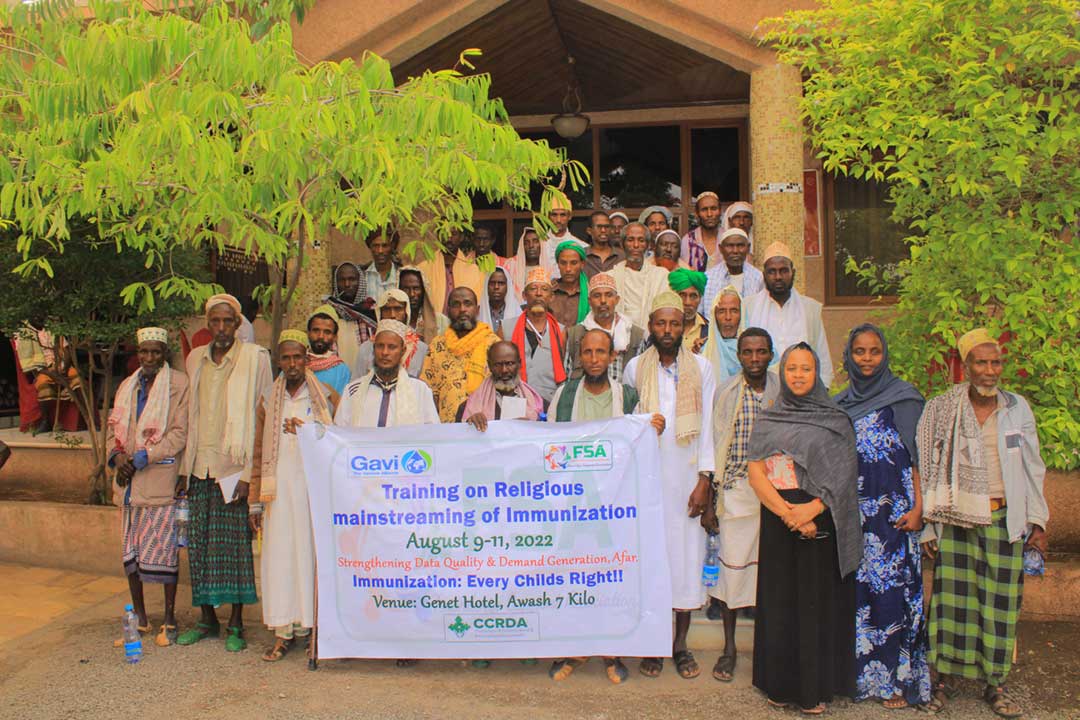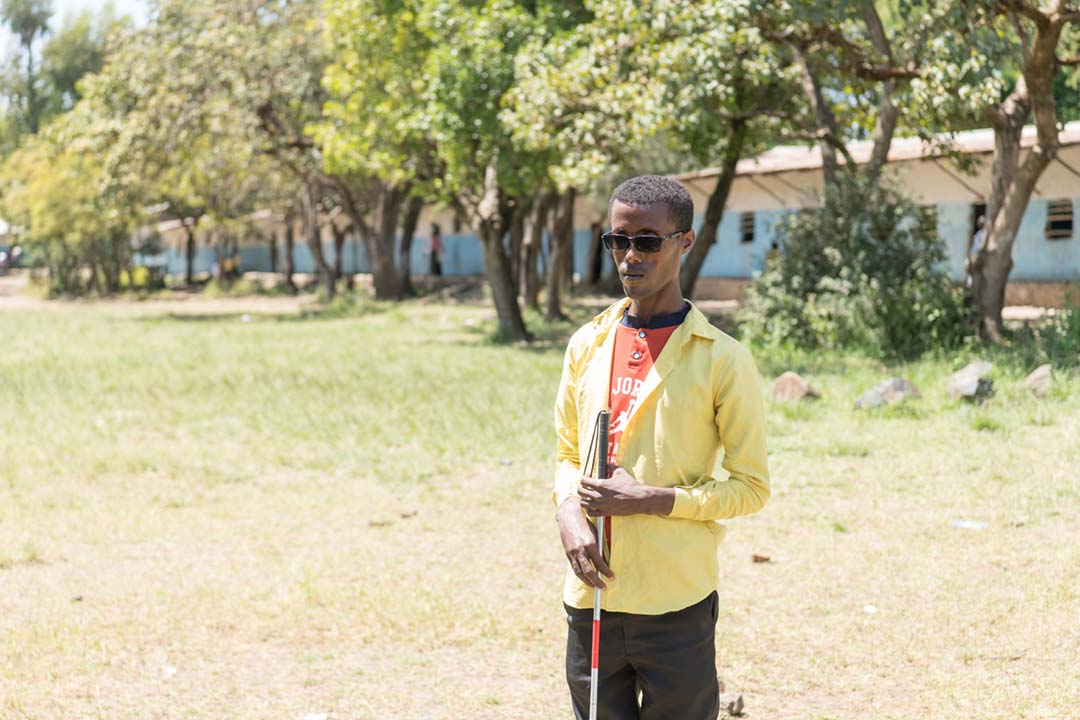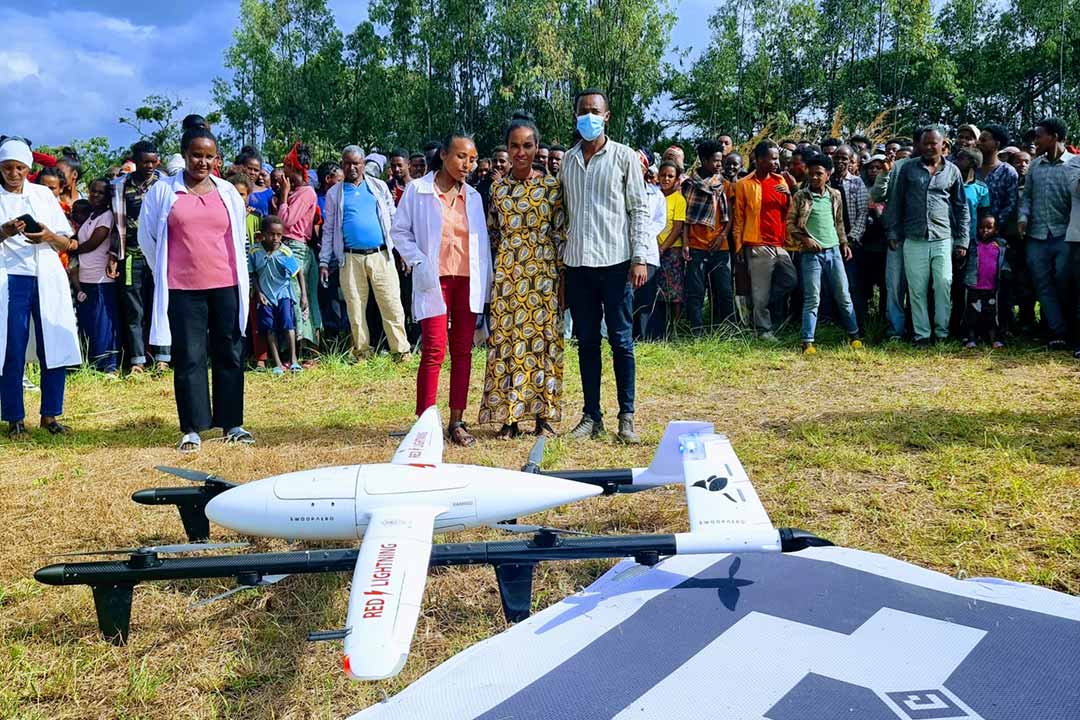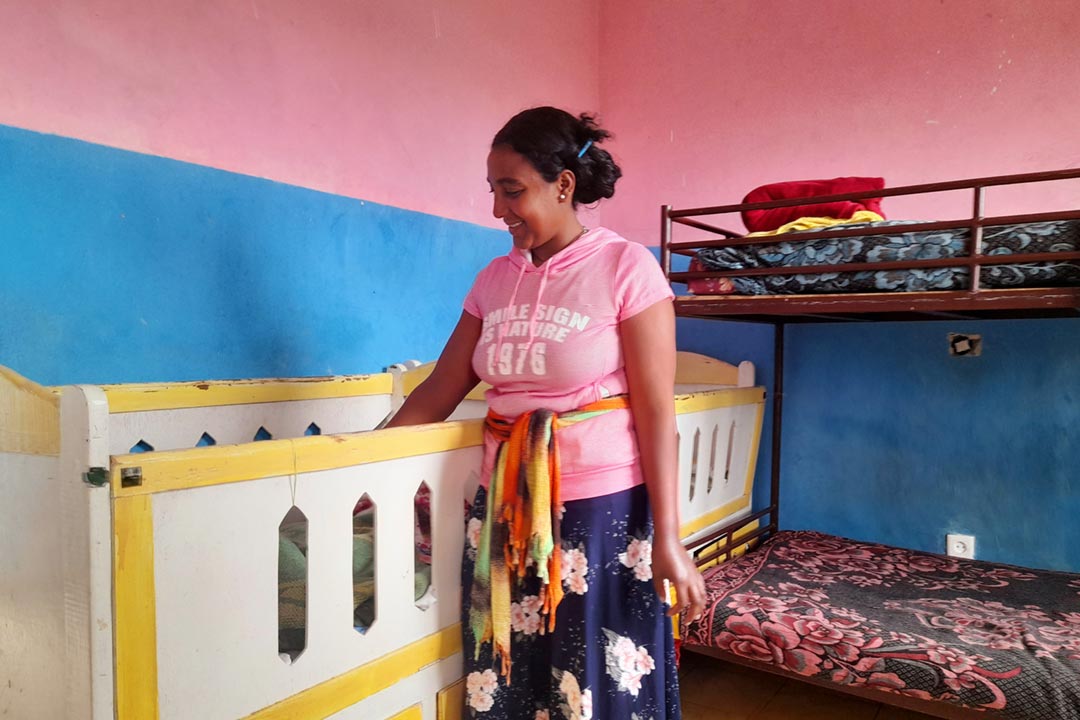Battling the cow pox: Ethiopia embarks on an unprecedented livestock vaccine drive
Pastoralist communities in Ethiopia’s borderlands are turning to vaccines to protect their livelihoods.
- 19 December 2022
- 4 min read
- by Solomon Yimer
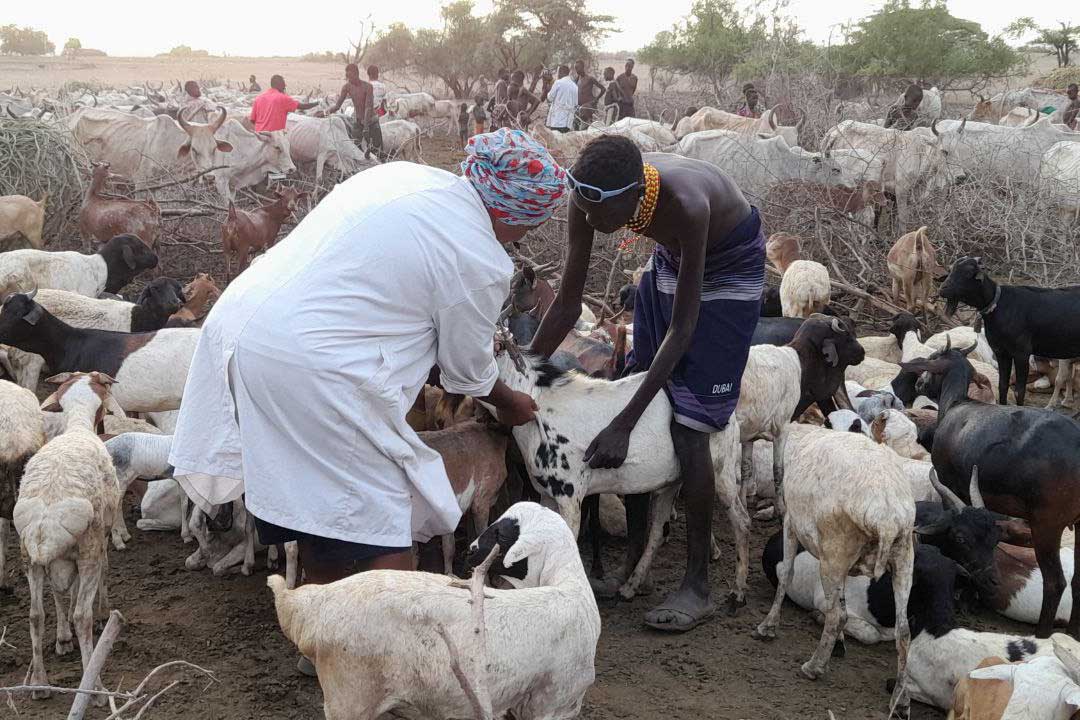
With 60 million cattle, Ethiopia has the largest livestock population in Africa and the fifth largest in the world, according to the World Bank. The livestock sector accounts for around one-fifth of the country's economy and close to 10% of its exports, which means that disease outbreaks like Lumpy skin disease and Peste des Petits Ruminants (Ovine Rinderpest) have a significant impact on the people.
With the aim of preventing the spread of livestock disease, a one-month animal vaccination campaign was rolled out in late 2022 in the pastoralist districts of Ethiopia's Southern region. In the South Omo zone, the vaccine was administered in five districts: Dassenech, Hamer, Gnangatom, Bena Tsemay and Salamago.
“When health workers were going to come to our village, I would move my cattle to different locations and didn't want them to get vaccinated. Finally I realised its importance, due to an outbreak during which all of my cattle died while my neighbours’ vaccinated cattle survived.”
Over 2.5 million cattle, sheep and goats in 16 districts throughout the region were vaccinated for Contagious Caprine Pleuropneumonia (CCPP), Contagious Bovine Pleuropneumonia (CBPP) and Sheep and Goat Pox (SGP).
The immunisation campaign, which was organised by the regional agricultural bureau and financially supported by FAO and VSF Germany, has benefited a total of 25,111 pastoralist members, according to the region's Bureau of Agriculture.
"As we border countries like Kenya and South Sudan, there is the high likelihood of transmission of diseases across the borders. Therefore, in addition to ensuring strong border control to minimise the movement of animals across the borders, livestock vaccination plays an important role in preventing outbreaks and minimising the damage caused by such animal diseases," says Kalkidan Shimelis,Head of the Animal Health Department at the region's Bureau of Agriculture.
He adds, "Though our success will only be measurable in the coming seasons when we see the number of animals that do not become infected with seasonal diseases, we have completed the campaign successfully and accomplished our targets."
Shimelis also says that because many in the pastoralist communities believe that animals should not be treated unless they are infected, community animal health workers have played an important role in this campaign.
Have you read?
"This campaign would not be successful without the service of these volunteers. In three months' time, we plan to roll out another vaccination campaign in these areas to further strengthen the immunity of our livestock," he says.
He goes on to say, "We procure the vaccines from The National Veterinary Institute (NVI) and distribute accordingly. We have also been aggressive in our immunisation drives because the drought, that has lasted over the last three years causes disease outbreaks as well."
Some of the challenges include tracking the pastoralists amid harsh weather and difficult terrain, as well as a shortage of cold storage facilities and managing vaccine cold chain.
Forty-one-year-old Merkle Lekono, a pastoralist from Sirimrit Kebele in Dasenech district who owns 26 cattle, 45 goats and 32 sheep, used to avoid getting his livestock vaccinated.
“As animal disease cases have significantly dropped in these areas, the pastoralist community have begun to recognise the relevance of vaccinations. We have seen great awareness improvement among the communities this year and it is really encouraging.”
"When health workers were going to come to our village, I would move my cattle to different locations and didn't want them to get vaccinated," says Lekono, who thought the vaccine would cause harm to the animals.
"Finally I realised its importance, due to an outbreak during which all of my cattle died while my neighbours' vaccinated cattle survived," he adds.
He also says that the education he received from local animal health workers helped him and other members of the community to protect their animals from disease.
"Every week the health workers educate us about animal health, infectious animal diseases and the benefits of vaccines," he explains.
In November, when the vaccination programme was announced in his village, this time Lekono didn't want to repeat the same mistake and was one of the first to bring his cattle to the immunisation site.
"Now I am very happy, all of my cattle are vaccinated and won't get sick in the coming dry season. The vaccine really makes a difference to our animal health and improves the quality of our cattle production."
Kusie Binane and Kotana Geltayo, residents of Baidie Kebele, appreciate the regional government's efforts in bringing vaccines in them.
"There is nothing that makes me happier than getting my cattle protected from any diseases that attack them," says Binane.
For Shimelis, this increased understanding of the benefits of immunisation of livestock is a positive.
"As animal disease cases have significantly dropped in these areas, the pastoralist community have begun to recognise the relevance of vaccinations. We have seen great awareness improvement among the communities this year and it is really encouraging," Shimelis says.
